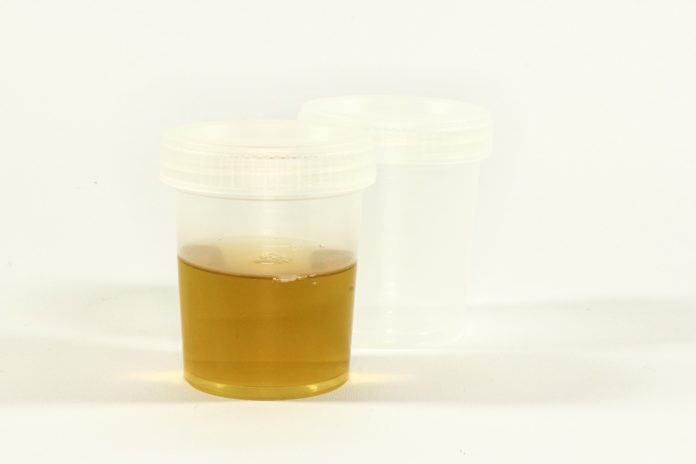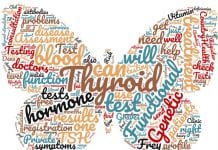Cystitis is the medical term for inflammation of the bladder. This unpleasant condition usually caused by bacterial infection c and requires prompt medical attention.an be painful and annoying. Following simple steps to promote bladder health can reduce the risk of recurrence of infection.
Symptoms of Bladder Infection or Cystitis
- A strong, persistent urge to urinate
- A burning sensation when urinating
- Passing frequent, small amounts of urine
- Cloudy ,unpleasant-smelling or dark urine
- Pelvic discomfort and or pain over the lower abdominal area
Cystitis affects people of both sexes and all ages. However it is more common in women than in men. Ten to twenty percent of women have lower urinary tract infections or discomfort at least once a year .Recurrent cystitis carries a risk of a urinary tract or kidney infection. Women may get cystitis more often than men because the uretha in women is much shorter than that of men. The short uretha in women is close to the vagina as well as the perineum and peri-anal area, which increases its exposure to bacteria which in turn leads to bladder infections .Diagnosis is made according to symptoms and urinary findings. Culturing the urine will indicate the quality and type of bacteria involved.
Bacterial Cystitis
Urinary tract infections typically occur when bacteria enters the urinary tract through the uretha and begin to multiply. Most cases of cystitis are caused by a type of Escherichia coli [E.coli] bacteria. Bacterial bladder infections may occur in women as a result of sexual intercourse.
Noninfectious Cystitis
Although bacterial infections are the most common cause of cystitis, a number of non -infectious factors may also cause the bladder to become inflamed.
Interstitial cystitis
This is due to small cracks in the bladder lining.This results in urethal discomfort on and off. Interstitial cystitis may also lead to the need to urinate frequently, lower backache and painful sexual intercourse. Occasionally, patients may also suffer bowel disturbance like bloatedness.Interstitial cystitis can be treated as usual cystitis, however if if doesn’t clear up after treatment, a simple minor telescope operation [cystoscopy] can numb the bladder temporarily to allow further treatment to seal the cracks of the bladder lining. A urologist will then focus specifically on treating the lining of the bladder, relaxing the bladder muscle spasms and calming the nerve endings.
Risk Factors Associated with Cystitis
Pregnant women are twice as likely to get cystitis. Sexual intercourse increases the risk because of bacteria entering the uretha. Homosexual activity in men. Women who have already had cystitis are more likely to get it again. Structural abnormalities of the urinary tract that blocks the flow of free urine. It is also more common in women after menopause.
Management of Cystitis
It is essential that bladder infections are properly diagnosed, treated and monitored .It is advisable to consult a medical doctor if you have symptoms. Should the urine culture show signs of bacteria, a follow up culture is recommended to ensure proper resolution after treatment. The mainstream treatment involves a course of antibiotics. Natural medicine may offer effective treatment options that are indicated for cases of uncompicated cystitis. Although these preventative self-care measures aren’t well studied, doctors sometimes recommend the following for recurring bladder infections;
Tips
Drink plenty of liquids, especially water.
Urinate frequently, if you feel the need to urinate , don’t delay in using the loo.
Wipe from back to front after a bowel movement. This prevents bacteria in the anal region from spreading to the vagina and uretha.
Empty your bladder as soon as possible after intercourse. Drink a full glass of water to help flush bacteria.
Avoid using feminine products or deodorant sprays in the genital area. These products can irritate the uretha and bladder.















